Niger
The US will hand over its last military base in Niger Monday, ahead of the September 15 deadline for US forces to leave the country under an agreement with Nigerien authorities.
Airbase 201 in the city of Agadez is one of two hubs the U.S. has used for counterterrorism operations in Niger. Last month, US troops withdrew from Airbase 101, a small drone base in Niger’s capital, Niamey.
German troops are also set to leave this month. The withdrawals are part of a larger trend of Western troops leaving the Sahel, a vast region south of the Sahara desert where groups linked to al-Qaida and the Islamic State group operate.
Niger’s 2023 military takeover followed coups in Mali in 2020 and in Burkina Faso in 2022, and the three countries soon joined forces in expelling foreign troops and taking a hard stance against France and its allies.
Aneliese Bernard is the director of Strategic Stabilization Advisors, a risk consulting group based in Washington D.C. with field teams based across the Sahel and coastal West Africa.
She said that while counterterrorism operations by Western powers in the region have been problematic, the absence of French, European and American forces in Niger will leave a huge security vacuum, affecting everything from doing business in the Sahel to humanitarian aid.
“Anything extractive is going to be outside of a major city, you’re lacking security at this point," she said. "Unless you have your own private security situation set up in a place as far away as outside of Agadez where a lot of the uranium is, you’re operating blindly out there.”
Bernard said it's not completely clear at this point how the junta will handle partnerships going forward, particularly with regard to accessing natural resources.
The Nigerien government recently pulled the permit for French fuel producer Orano to operate in one of the country’s largest uranium mines.
“There still are quite a few assumptions made that the CNSP is taking a very strategic move with regards to ‘we’re going to pull back all of our, you know, things that we can trade with and prioritize partners that can sell us security in return for getting monopoly shares of said industries,’” Bernard said, giving the example of Turkey providing military equipment and private military contractors in exchange for access to Niger’s oil.
She added that these assumptions have been challenged recently as there are rumors of American and Canadian companies speaking to SOPAMIN, the Nigerien company in charge of the uranium mines, about working in Niger.
Bernard warned that those most likely to be harmed by the security vacuum are the most vulnerable citizens of a country that is already one of the poorest in the world.
She said humanitarian workers are now required to have military escorts when working outside of major cities, which can lead to them being targeted by armed groups in conflict with the military.
This will lead to many NGOs choosing not to work outside of major cities or working in the field less often, she added, “so people who are in the periphery, who are the ones who are in the most vulnerable groups... are going to have the least access to humanitarian aid





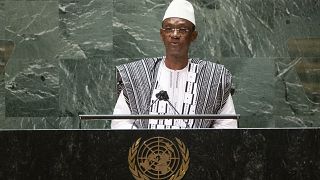
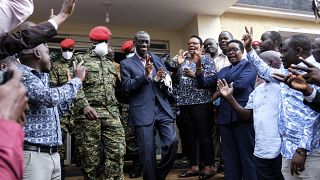
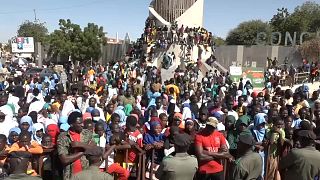
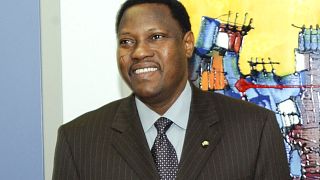
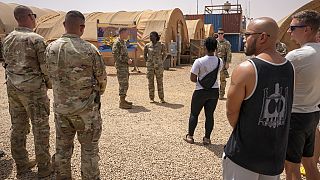
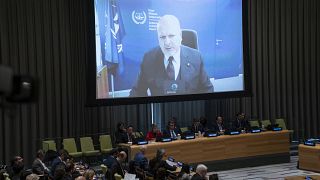
Go to video
Algeria, Mali dissension laid bare after UN speech
Go to video
Mali, Niger, Burkina investigate a French journalist over jihadi analysis
01:31
UNGA: Senegalese leader calls out Security Council's “inertia” in face of destabilization of Sahel
00:58
Sahel: Community radio stations, media freedom group sound alarm on violence against journalists
Go to video
As Mali marks independence, military leader urges unity and lists security achievements
01:11
Sahel Alliance to unveil biometric passports